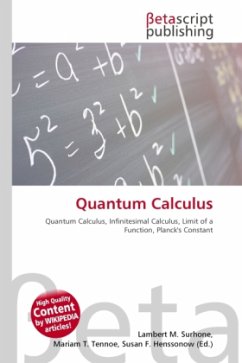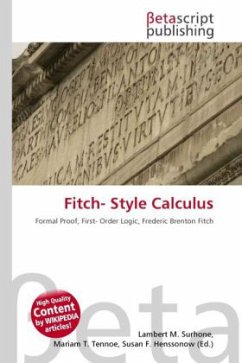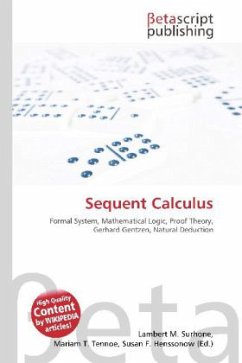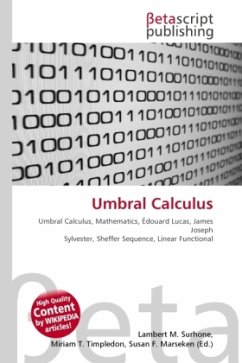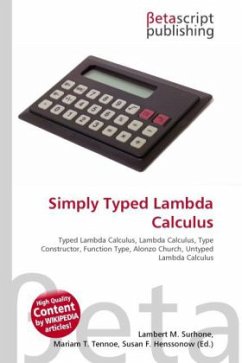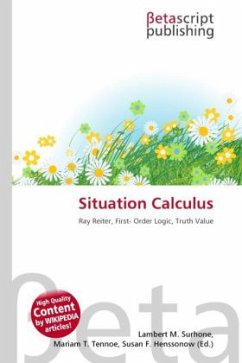High Quality Content by WIKIPEDIA articles! Quantum calculus is equivalent to traditional infinitesimal calculus without the notion of limits. It defines "q-calculus" and "h-calculus". h ostensibly stands for Planck's constant while q stands for quantum.Infinitesimal calculus was independently invented by both Leibniz and Newton in the 1660s, drawing on the work of such mathematicians as Barrow and Descartes. It consisted of differential calculus and integral calculus, used for the techniques of differentiation and integration respectively. The use of infinitesimal quantities in early calculus was not proven to be rigorous, and was fiercely criticized by a number of authors, most notably Michel Rolle and Bishop Berkeley. Several mathematicians, including Maclaurin, attempted to prove the soundness of using infinitesimals, but it would be 150 years later, due to the work of Cauchy and Weierstrass, where a means was finally found to avoid mere "notions" of infinitely small quantities, that the foundations of differential and integral calculus were made firm. In his work Weierstrass formalized the concept of limit which eliminated the need for infinitesimals.
Bitte wählen Sie Ihr Anliegen aus.
Rechnungen
Retourenschein anfordern
Bestellstatus
Storno

